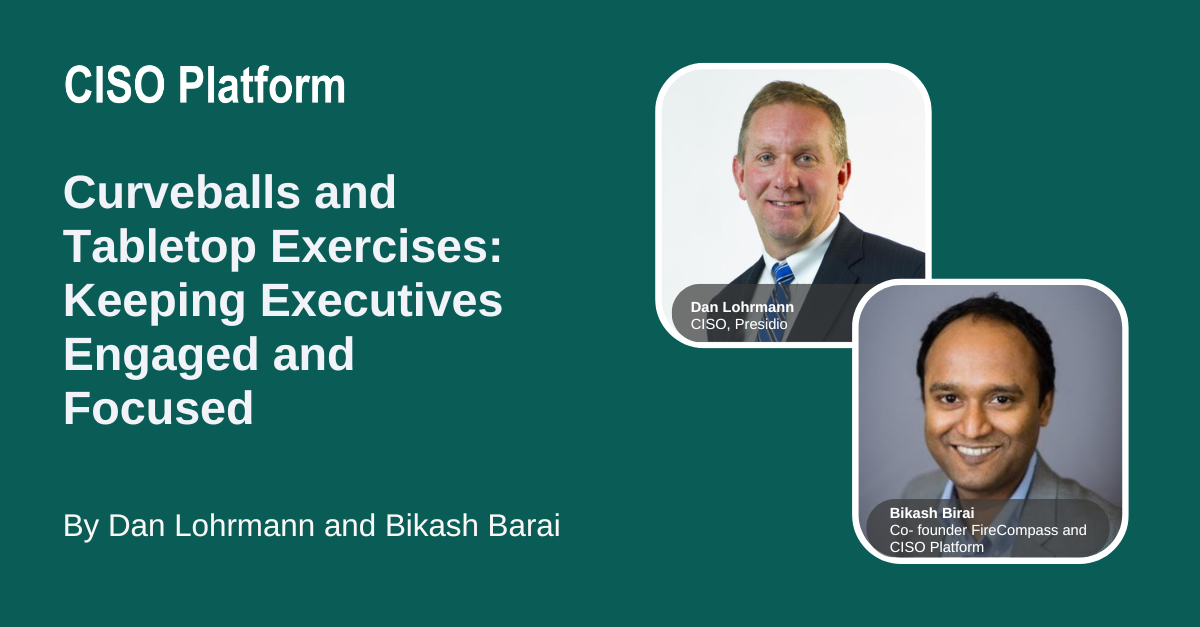They offers valuable takeaways for conducting successful cybersecurity crisis drills, emphasizing participant engagement and actionable outcomes.
Highlights:
Throwing curveballs: Simulate unexpected events to test how the team adapts.
Actionable items: Establish clear post-drill steps to improve cybersecurity posture.
Feedback and improvement: Gather participant feedback to refine future exercises.
Minimize distractions: Encourage focused participation by limiting multitasking and interruptions.
Dedicated participants: Ensure participants arrive on time and stay engaged throughout the exercise.
Continuous improvement: View crisis drills as an ongoing process for improving cybersecurity preparedness.
Emphasizes that successful crisis drills require planning, participant focus, and a commitment to continuous improvement. By incorporating these elements, organizations can ensure their teams are better prepared to handle real-world cybersecurity incidents.
Speakers:
https://www.linkedin.com/in/danlohrmann/
Bikash Barai is credited for several innovations in the domain of Network Security and Anti-Spam Technologies and has multiple patents in USPTO. Fortune recognized Bikash among India’s Top 40 Business Leaders under the age of 40 (Fortune 40-under-40).Bikash is also an active speaker and has spoken at various forums like TiE, RSA Conference USA, TEDx etc.
Earlier he founded iViZ an IDG Ventures-backed company that was later acquired by Cigital and now Synopsys. iViZ was the first company in the world to take Ethical Hacking (or Penetration Testing) to the cloud.
https://twitter.com/bikashbarai1
https://www.linkedin.com/in/bikashbarai/


Comments